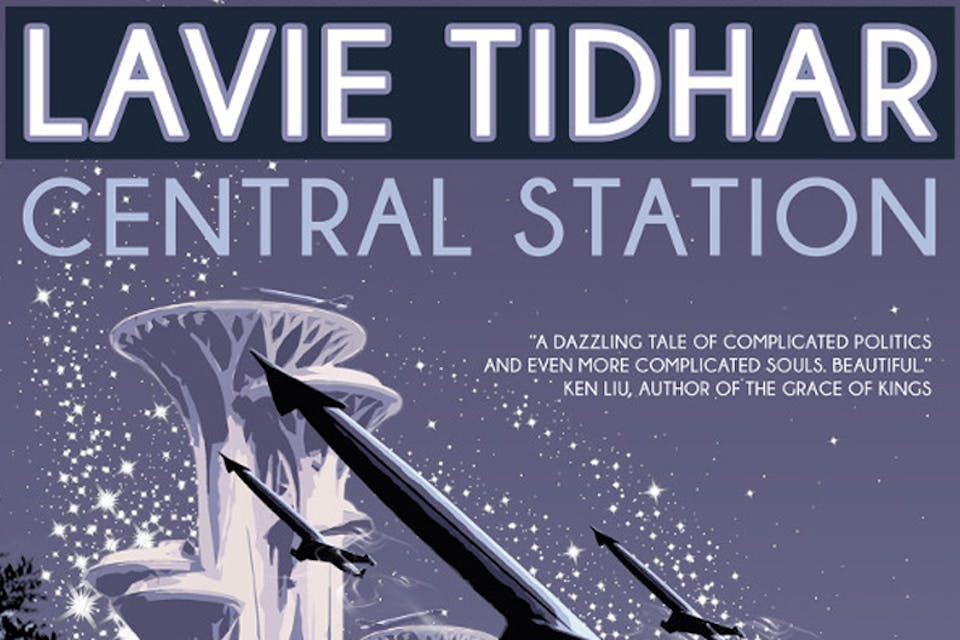
May 26, 2016
What Does an Acclaimed Israeli Sci-Fi Writer Have to Tell Us about the Israel of Tomorrow?
Nothing much, and nothing good.
The “central station” in Central Station, a new futuristic novel by the award-winning Israeli science-fiction writer Lavie Tidhar, is a sprawling zone of contrasts: a labyrinthine meeting ground for Jews and Arabs, Asian immigrants and African refugees, criminals and musicians, religious seekers and drug addicts, collectors of local detritus and vendors of knock-off merchandise from distant lands. In other words: pretty much Tel Aviv’s real-life central bus station circa 2016.
To this familiar Tel Aviv scene, however, with its characteristic mix of squalor and charm, Tidhar has added cyborgs, chip-implanted virtual realities, genetic manipulation, and spacecraft. Which raises the question: are these sprinklings of sci-fi tropes and cues and gizmos meant to tell us something important that Tidhar wants us to know about the Israel of the far future, or for that matter of today?
The answer is no—at least not in any discernible way. So what’s up with them, and with their much acclaimed author? This requires a deeper look.